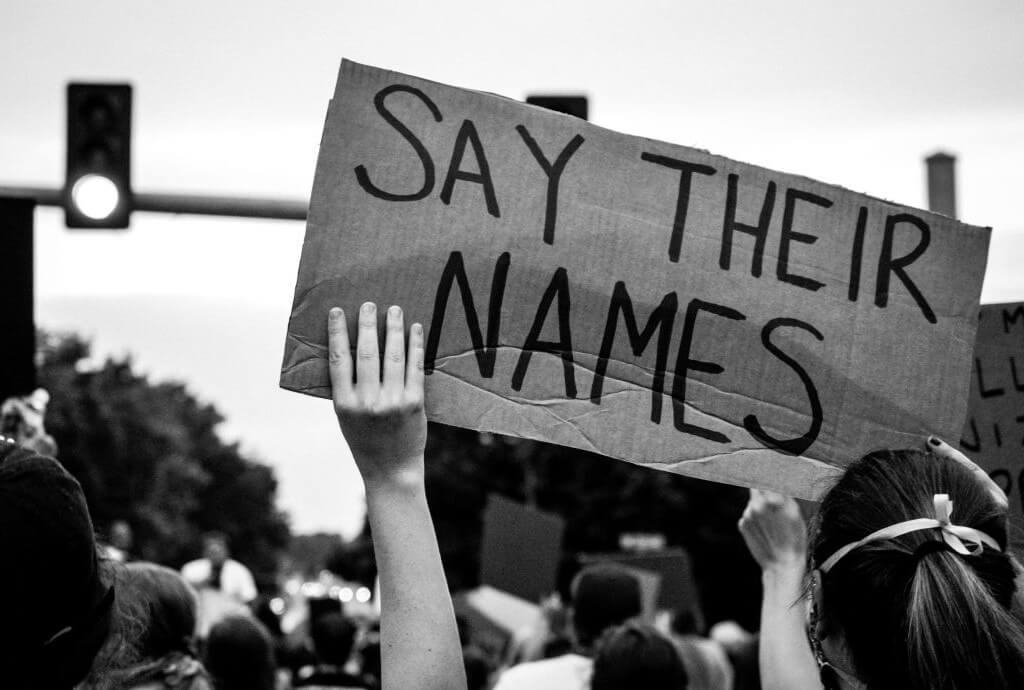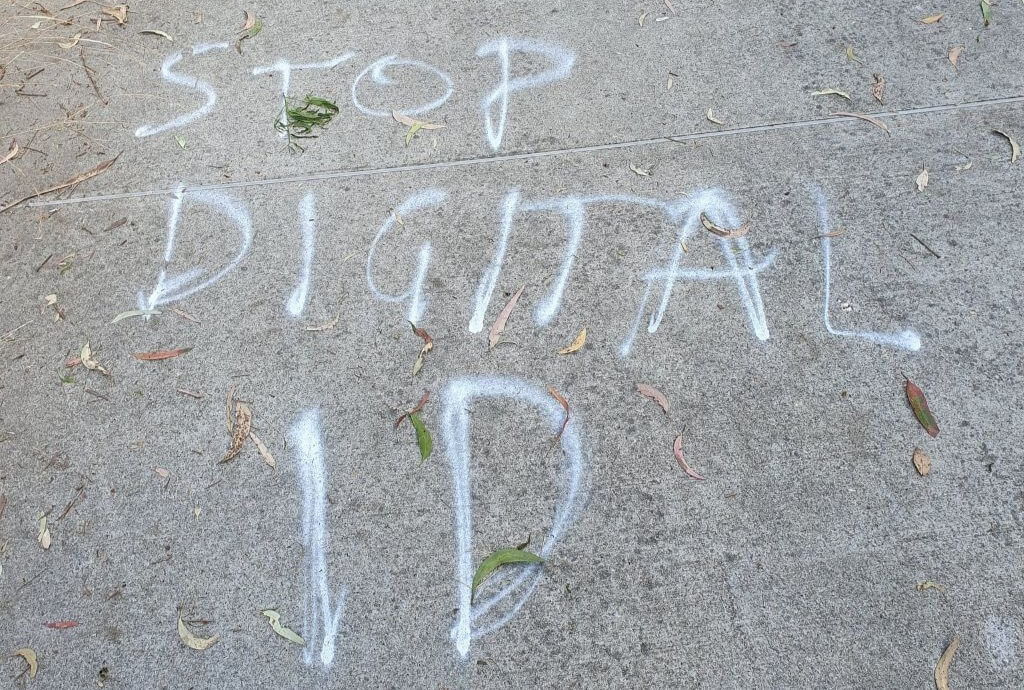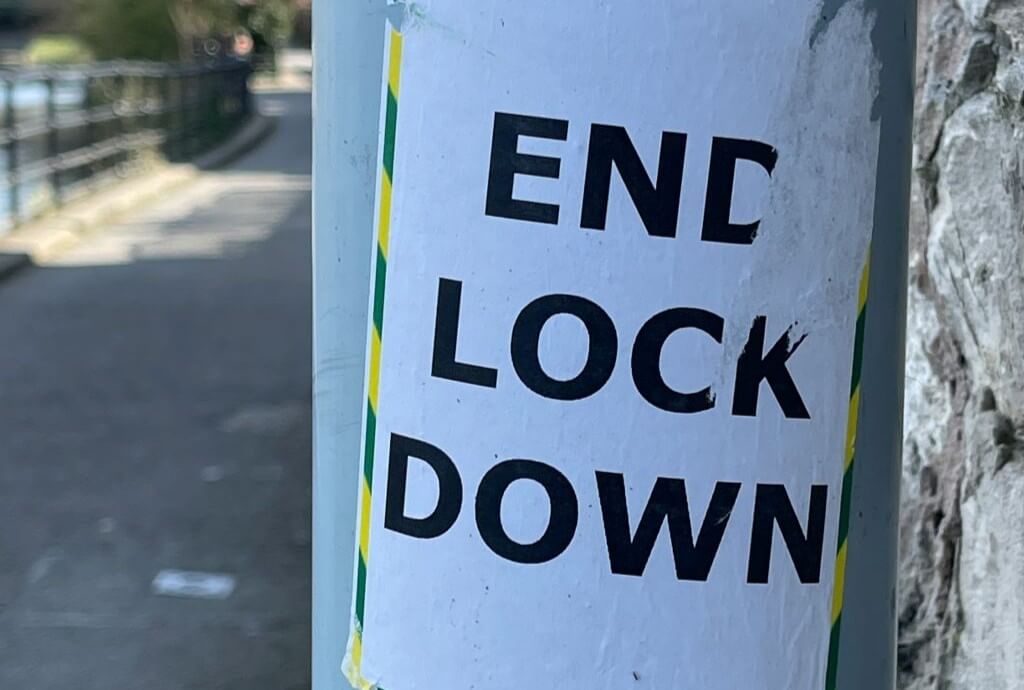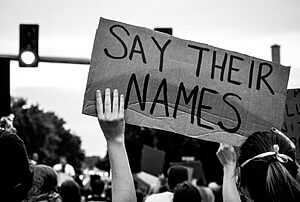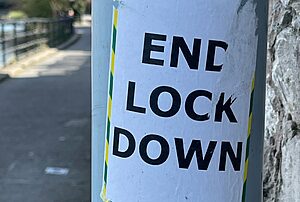Summarised by Centrist
Threats against New Zealand politicians have dropped sharply since the coalition government took office.
Police data obtained by the NZ Herald shows that between November 2023—when National formed a government with ACT and New Zealand First—and October 2024, there were 25 recorded threats against MPs, including nine targeting Prime Minister Christopher Luxon.
This marks a steep decline from the previous year’s 68 threats, and an even greater drop from the 93 threats recorded between November 2021 and October 2022.
Sociologist Paul Spoonley attributes the previous surge in threats to the COVID era, when politicians became the face of lockdowns, mandates, and restrictions. “The issues that mobilised these communities are just simply not there,” Spoonley said, pointing out that vaccine mandates have ended and the government is addressing concerns through its COVID inquiry.
Former Prime Minister Jacinda Ardern bore the brunt of much of the hostility, receiving dozens of threats in one year.
Spoonley suggests this was partly due to misogyny, arguing that female politicians—particularly Māori women—still face vitriol, but Luxon, as a conservative male leader, does not act as the same lightning rod for anger.
Editor’s note: In our opinion, public anger is rarely about identity—it’s about policy. But when politicians make unpopular or bad decisions, people attack whatever is easiest. For example, if you’re a woman, they’ll call you names.
We don’t condone this, but unfortunately, the masses don’t always articulate their frustrations intelligently. This makes it easy for the powerful (who often exploit their identity for advantages when it suits them) to play the victim rather than addressing legitimate grievances. The problem is that politicians, unwilling to own their failures, focus on bigots (of which there are always some to be found) to deflect criticism.
Is New Zealand misogynistic and racist towards politicians and public figures? Read here, here, and here to find out more.



